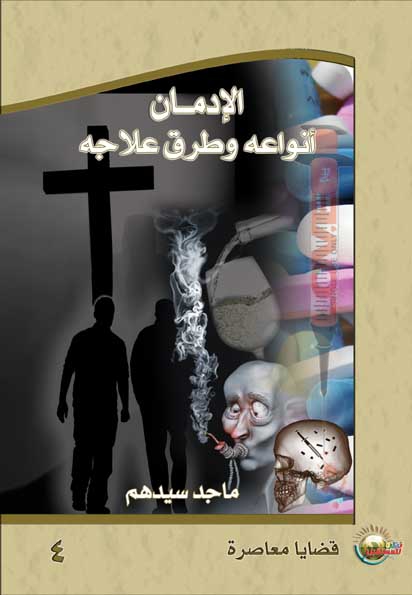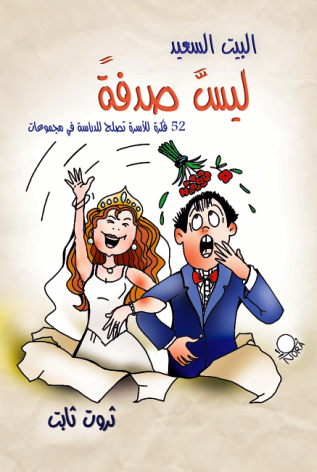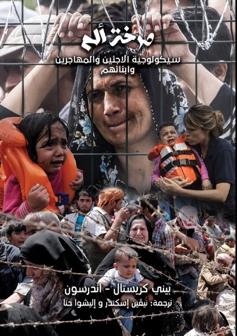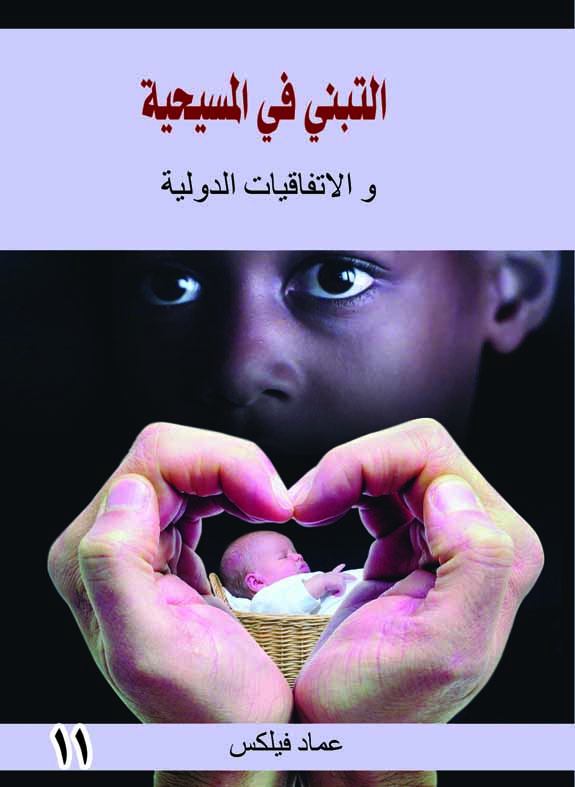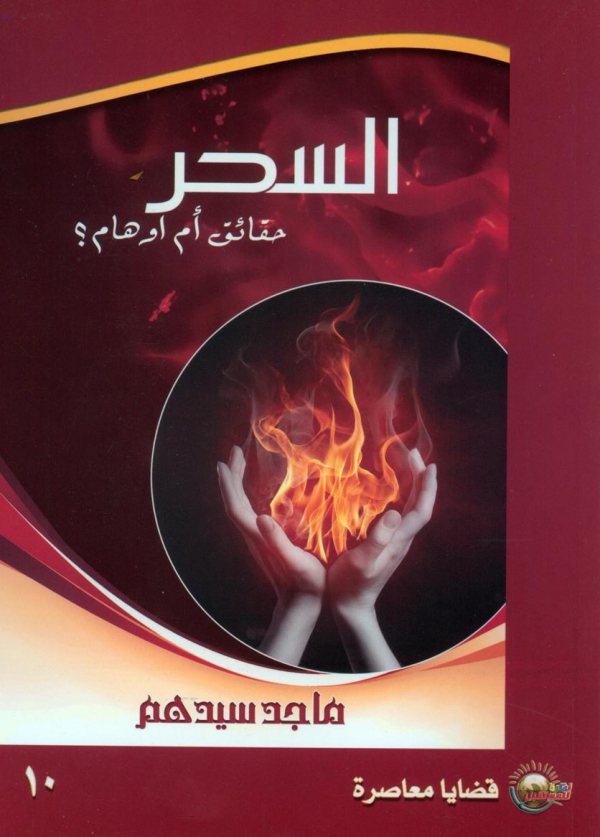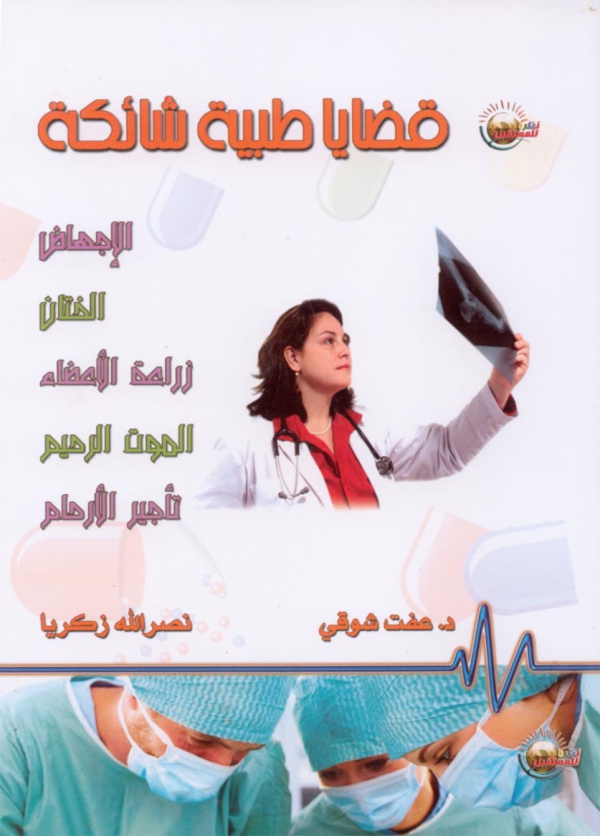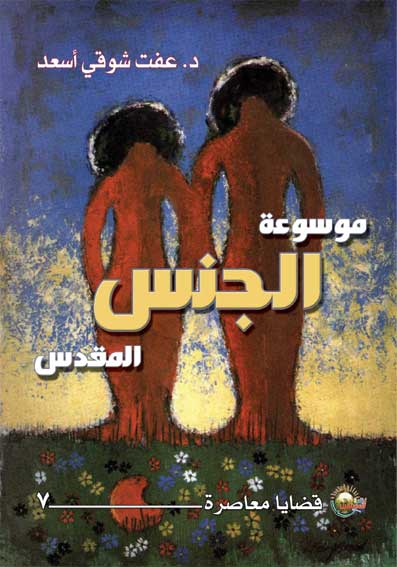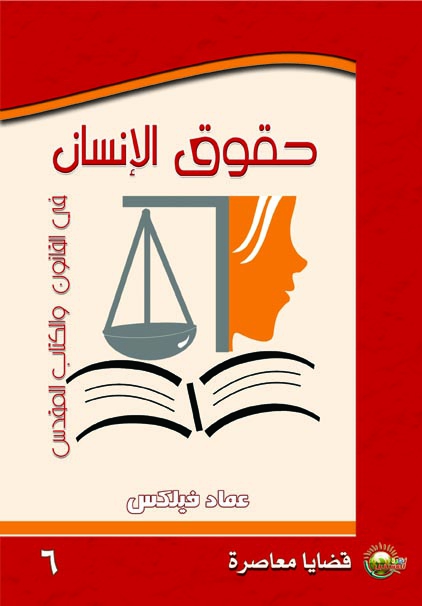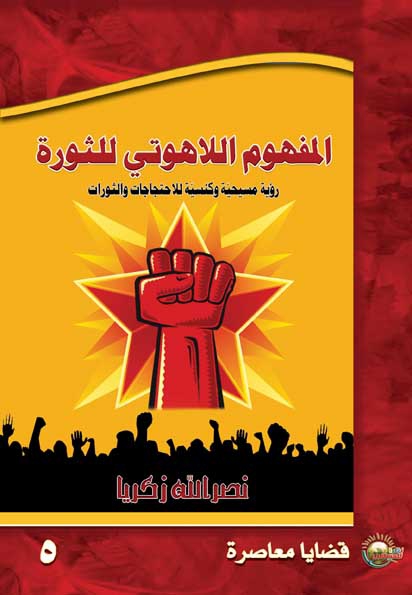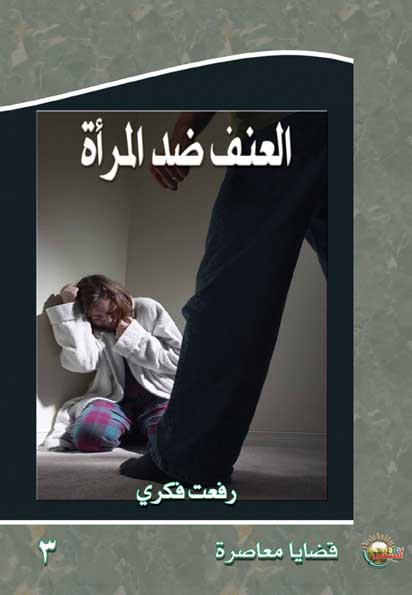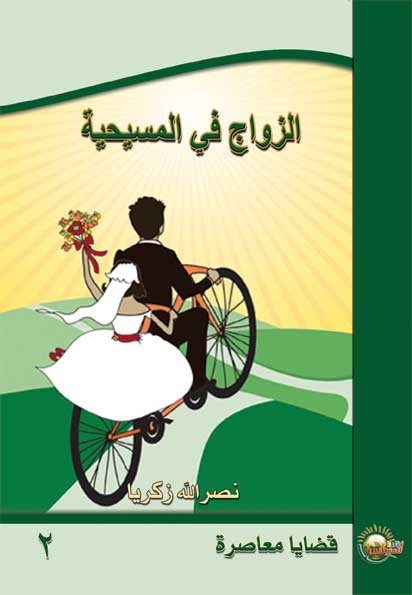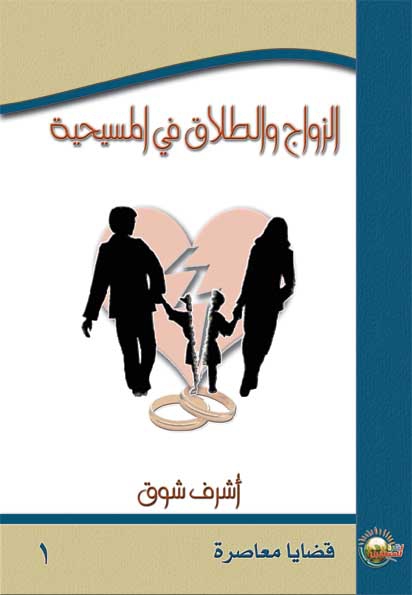Contemporary Issues
The Bible touches on every aspect of our spiritual lives and on our relationships with God. Furthermore, it does not ignore the difficult issues we face in our contemporary lives. It is a book for all times. When we face an issue, we find that the biblical perspective's thinking about it is clarifying. This series deals with contemporary issues (such as divorce, abortion, death and addiction) from a biblical perspective.
Types of Addiction and Methods of Treatment
Author: Maged Sidhom
Publisher: Vision For Future
Addiction is one of the most serious issues facing the Christian family. Therefore, Christians ought to be aware of the information that is available to help them treat cases and issues of addiction. The family is the foundation of both the society and the church. If it collapses because of a challenge like addiction, the whole of society is in danger of collapsing. Before this pressing need, Maged Sidhom presents a thorough study in his book, Types of Addiction and Methods of Treatment. This medium size book (about 220 pages in length) is among Vision for the Future's publications for 2010. It is a simple attempt to make sense of the complexities of addiction and to cover their related aspects.
The author divides the book into two major parts, addressing addictions as either chemical or behavioral. However, within these two structural divisions, the individual aspects related to different types of addiction are branched further into several subtitles.
Part I: chemical addiction which includes the following:
Chapter I: Drugs: Drugs are generally defined as natural or artificially created substances, which, if used for purposes other than their medicinal and industrial intent, have the potential to lead users to a state of habituation or addiction that is detrimental to their mental health. In this chapter, the author addresses the following subjects: the meaning of drugs, the history of some drug types (opium and morphine), and the most common drugs.
Chapter II: Hash addiction, "cannabis," or marijuana. In this chapter, the author deals with the history of hash, its legalization, its effects and symptoms, the complications of its addiction, three things that contribute to becoming an addict, vulnerable groups who are prone to its addiction, health, economic, and social hazards of addiction, drugs and religion in general, and how the Bible, specifically, speaks to drug addiction.
Chapter III: About Alcoholism. In this section, the writer wonders: "Is there a difference between alcohol consumption and alcohol addiction?" In answering this question, he tackles such issues as: the history of alcohol, the most famous individuals in this history, alcohol consumption and addiction, the mental and physical hazards of alcoholism, and its physical complications, treatment of alcoholism, alcohol and religion, Christianity and alcohol, the Bible and alcoholism, alcoholism as it occurs in Western Christianity.
Chapter IV: Cigarette Addiction. In this chapter, the author addresses one of the oldest and most widespread of human habits, smoking. Governments have tried to inhibit it by imposing high taxes on tobacco, but the loss of money and the awareness of smoking dangers have not been able to deter people from the practice. It is evident that the desire to smoke continues rampantly and unabated. It seems that tobacco, like coffee and alcohol, satisfies an actual desire of many people, but in the case of smoking, nicotine is the main reason for its lasting popularity.
He wonders if smoking actually turns into addiction. In this context, the author addresses: the history of smoking and causes, smoking and addiction, the damages cause by active and passive smoking, the prevention and treatment of smoking, and how the Bible might consider smoking addiction.
Chapter V: Addiction to stimulants. Regarding this topic, the author begins by stating, "The Bible does not prohibit certain drinks. The key is not to get used to them to the point where they become indispensable. If a cup of tea or coffee controls you to the point that you cannot work or study, or to the point where you become nervous without it, or where you cannot fast because you cannot live without caffeine; here you must stop, pay attention, and take the matter seriously. Can you refrain for a day or two from caffeine?"
Part II: Behavioral addictions, including the symptoms and types of behavioral addiction.
Chapter I: Sex addiction is the topic of the first part of this section. In this chapter, the author addresses its definition, symptoms and causing factors, types of sexual addiction and dependency, quality, quantity, and diagnosis, behavioral patterns and the damages resulting from sexual addiction, treatment, masturbation and its treatment, as well as the Bible and sex addiction.
Chapter II: Love of work or workaholism. In introducing this topic, the author writes: "We should not confuse workaholics with people who are simply diligent in their work. It is not wrong to love one's work, or to exert a double effort in order to meet its demands in a timely manner. Workaholics are those who have lost control over this part of their lives. Addiction is not just seeking more of something, but rather, it is a total loss of control over something, to the degree that it ruins the other aspects of one's life."
Chapter III: Addiction to food and shopping. Food and shopping addictions are behavioral addictions that may seem very awkward. The term, "Food Addiction," is a modern expression, used to describe pathological or compulsive eating disorders, in which case one not only evidences an exaggerated consumption of food, but also the of eating detrimental food and the craving of them.
Relatedly, "Shopping Addiction" is the type of addiction suffered by women, in general, and by marginal and hysterical personalities who feel an internal emptiness which they are trying to fill, expressed in a desperate need to shop. They plan, and buy, many unneeded items, and spend long hours in shopping alone, giving them the feeling of temporary comfort, which is followed by a remorse for spending money. As a result, they often end up giving away much of what they bought or abandoning it without using it. The way to treat this addiction is to address and fill the feeling of emptiness. It is only successful when we realize our authentic value in God, and that he can fill the vacuum of our lives. By studying his word, serving him, and investing in his kingdom, we can fill the gaps with new ministries and thoughts which serve him and bring him glory.
Chapter IV: Internet addiction. The author addresses a range of issues related to the internet in this chapter: its importance, a definition of Internet addiction, how we might measure such addiction, fields where it is most frequently seen, symptoms of Internet addiction, the effect of Internet addiction on employees, reasons for addiction, therapy, and how the Bible might respond to modern day Internet addiction.
Chapter V: Gambling addiction. Gambling is a win-lose game which two opponents play, wagering their money. Online gambling has appeared alongside of internet use. There are many websites dedicated to the possibility of wagering on sports games using credit cards. In this chapter, the author tackles the definition and types of gambling addiction, gambling statistics, types of gambling itself, the motives and character of gamblers, gambling addiction's consequences, the impact of gambling on society and health, the treatment of gambling, and the Bible and gambling.
Chapter VI: Addiction to Knowing the Unknown. Even in our modern-age, fortune-telling continues to be a haven for those wishing to find out more about the future. For this reason, the writer accords great importance to addressing the issue of wanting to know the unseen (unknown), citing it as a type of behavioral addiction. Major lines addressed within this topic are: reasons for the widespread reading of signs, different opinions about signs and the preference of Chinese signs, opinions of some specialists, treatment, and how the Bible speaks of the reading of signs, and of addiction to fortune telling.
Chapter VII: Addiction in the Family System. In this chapter, the author addresses the role of the family in addiction, answering many related questions, such as:
- Is addiction a genetic disease?
- Is addiction a medical problem?
- Is addiction a psychological problem?
- Is addiction a social problem?
- Is addiction a spiritual problem?
- Drug availability, extent, and signs of drug use in children
Chapter VIII: Treating Addiction: from perspectives of experience and biblical wisdom. The author concludes the book's study of addiction by presenting a therapeutic experience, and describing a field visit to a Rehabilitation Center. He proposes an educational and training program for youth. He closes by declaring that Christ is our Great deliverer: "You shall call his name Jesus, for he will save his people from their sins." Addiction may be a heavy chain, but the one who is stronger is capable of crushing it.
"Dear friend, when you go to a treatment center, they will not start therapy until you truly feel how greatly your addiction has caused you loss in your life. These major losses will include your family, your money, or the loss of your inner man. Sometimes you may have the desire to change and to get treatment, but your inner will is weak, because you are under the influence of a master whom you have granted to have power over you. Therefore, it's imperative that you don't start by saying: "I'm not able to do anything." True as that may seem, what is important is your desire.
Let God do his work in you by the Holy Spirit, helping and enabling you to regain your strength. He alone can restore the will-power that has been robbed from you, he alone can cut ties with the painful past and embark with you on the journey of recovery and compensation. If the Son sets you free you are free indeed (John 8:36).
